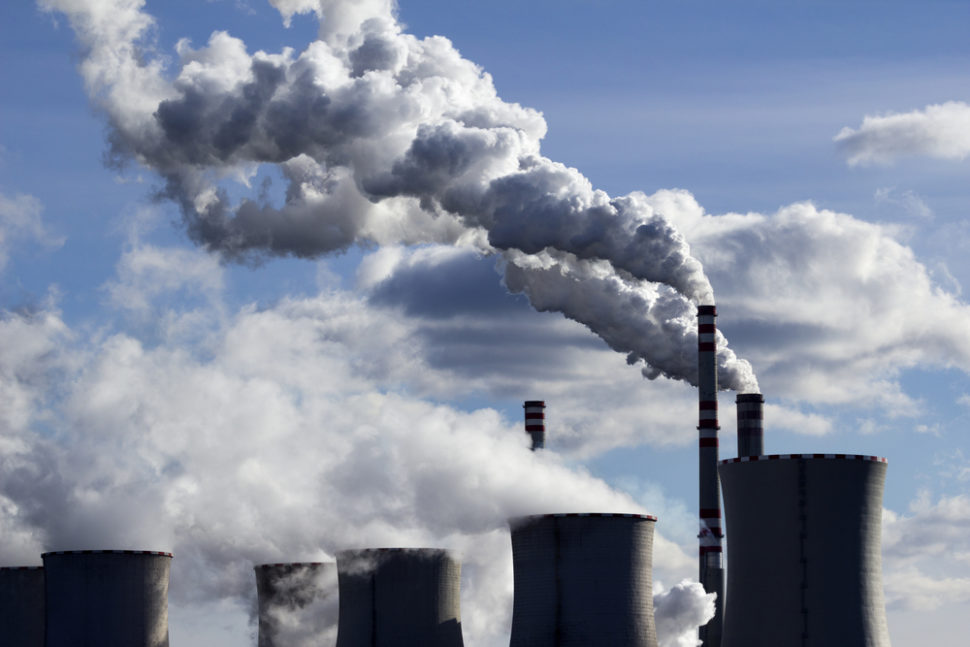Current human carbon dioxide emissions—from power plants smokestacks, cars and artificial intelligence, Bitcoin mining, and many other polluting sources—are steadily taking Earth to a dangerously and irreversibly warm future.
There’s kind of a consensus in the global scientific community that achieving net zero carbon footprint, or carbon neutrality, as soon as possible (by 2050 at the latest) is the only way to stabilize the planet before it’s too late.
In 2015, political leaders of the world had agreed in Paris to make that happen by pledging to do what’s necessary to keep the rise of the global mean temperature below 1.5° Celsius (2.7° Fahrenheit).
However, we keep expanding the fossil fuel energy infrastructure, like coal-fired power stations and factories. And here lies a serious problem. We’re already committing to future emissions that would jeopardize the global efforts to meet the Paris Agreement targets.
Power Plants and the “Committed” Future Emissions
We can’t just commit to not building fossil fuel-powered plants, but we have to phase out a lot of the existing ones. Yet, that’s exactly what we’re doing. We continue growing fossil power infrastructure with many plants planned or under construction.
These “committed future CO2 emissions” would amount to over 650 gigatonnes of carbon, if the existing energy infrastructure is operated as usual, according to a new study, led by Dan Tong from the University of California, Irvine, and Ken Caldeira of the Carnegie Institution for Science.
Steven Davis of the University of California, Irvine, a co-author of the paper published in Nature, says their study is “dead simple” as they wanted to know “what happens if we don’t build any more fossil-fuel-burning stuff as of 2018.”
The team analyzed current fossil-fuel burning energy infrastructure in 2018 to calculate the projected ‘committed’ CO2 emissions according to planned energy infrastructure. They found that more than half of committed carbon emissions would come from China, the United States, and the EU with 41%, 9%, and 7% respectively.
“If built, proposed power plants (planned, permitted or under construction) would emit approximately an additional 188 Gt CO2. Committed emissions from existing and proposed energy infrastructure (about 846 Gt CO2) thus represent more than the entire remaining carbon budget if mean warming is to be limited to 1.5 °C with a probability of 50–66 percent (420–580 Gt CO2)5, and perhaps two-thirds of the remaining carbon budget if mean warming is to be limited to below 2 °C.”
So, per the findings of the present research, the committed global emissions from planned power plants and other carbon-intensive sectors could be enough to take us past the 1.5°C warming mark. Even worse, the planet could warm by 2 or more degrees.
But a previous study says that “current fossil fuel infrastructure does not yet commit us to 1.5 °C warming,” while you can find scientists who suggest that we’re already on our way to pass the 2°C mark.
Also, the best approach to tackle global warming is to invest in a combination of renewable energy resources and energy storage rather than in carbon capture technologies to limit emissions of power plants.



















The Truth About Climate Change – Dr. Patrick Moore – Greenpeace Co-Founder